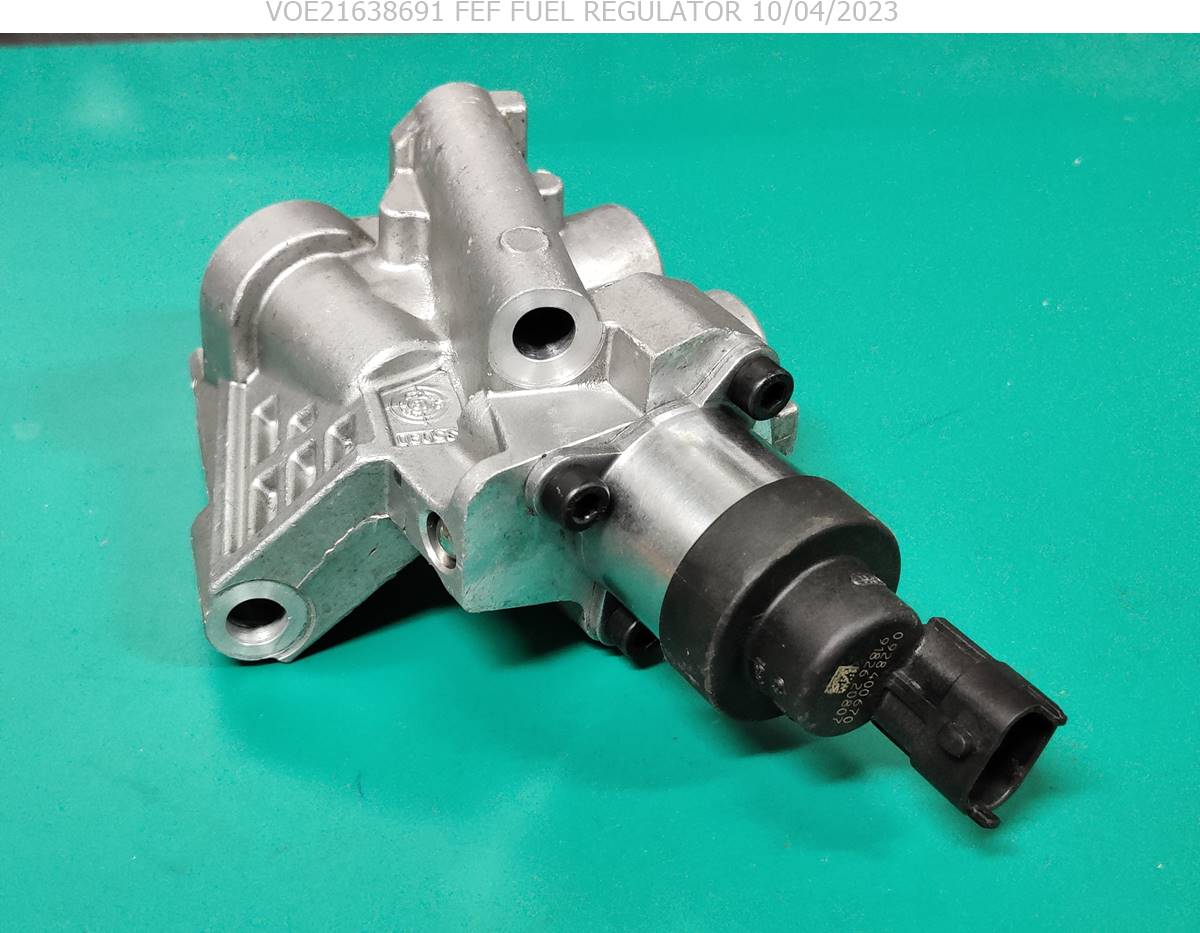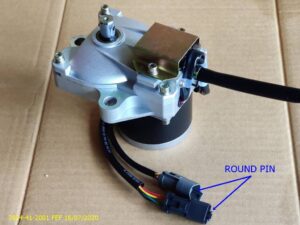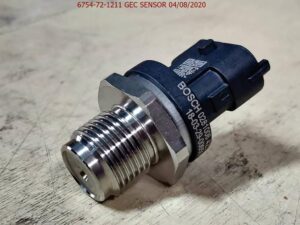The fuel regulator in an excavator’s engine is crucial for managing fuel delivery and maintaining optimal engine performance. Here are five key functions of the fuel regulator:
- Maintains Fuel Pressure: The fuel regulator ensures that the fuel pressure within the system remains at a consistent level, which is essential for proper engine operation and performance.
- Controls Fuel Flow: It regulates the flow of fuel from the tank to the engine, adjusting the amount of fuel delivered based on engine requirements and load conditions.
- Optimizes Combustion: By maintaining the correct fuel pressure, the regulator helps ensure optimal fuel-air mixture in the combustion chamber, which improves engine efficiency and power output.
- Prevents Fuel Flooding: The regulator prevents fuel flooding by controlling excessive fuel delivery, which can occur under high-pressure conditions or if the engine is not operating correctly.
- Improves Fuel Efficiency: By regulating fuel pressure and flow, the fuel regulator helps in optimizing fuel consumption, leading to better fuel efficiency and reduced operational costs.
Overall, the fuel regulator plays a crucial role in maintaining engine performance, efficiency, and longevity by ensuring proper fuel delivery and pressure.




